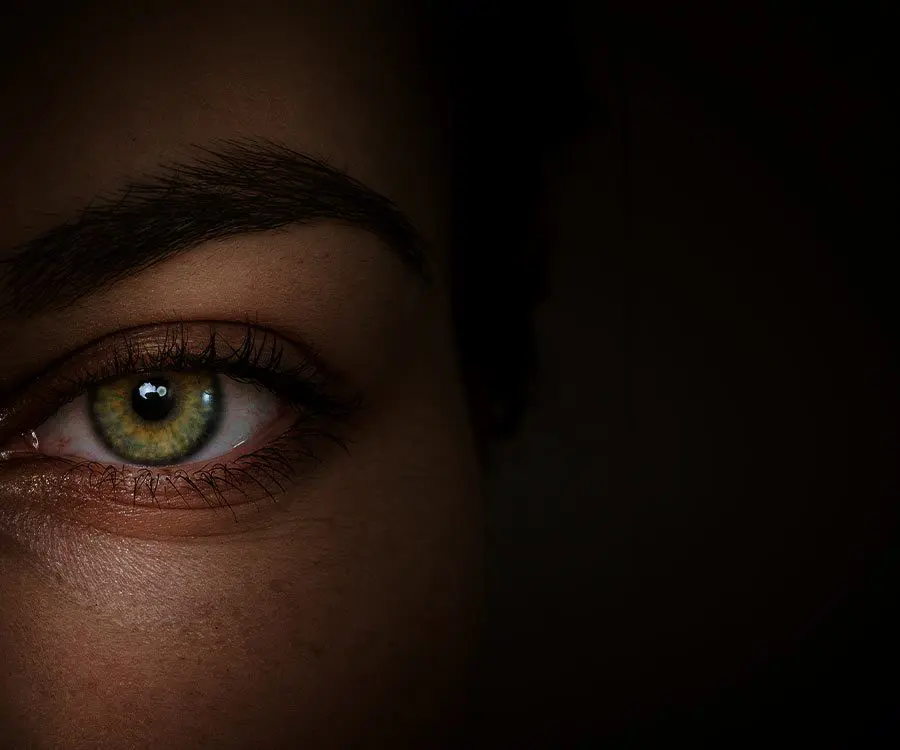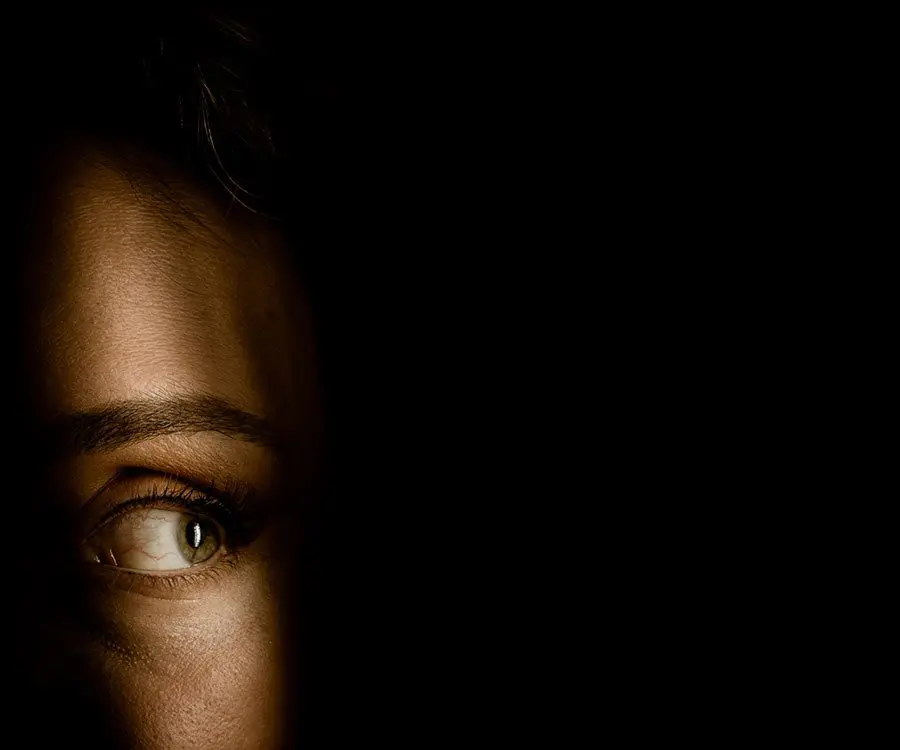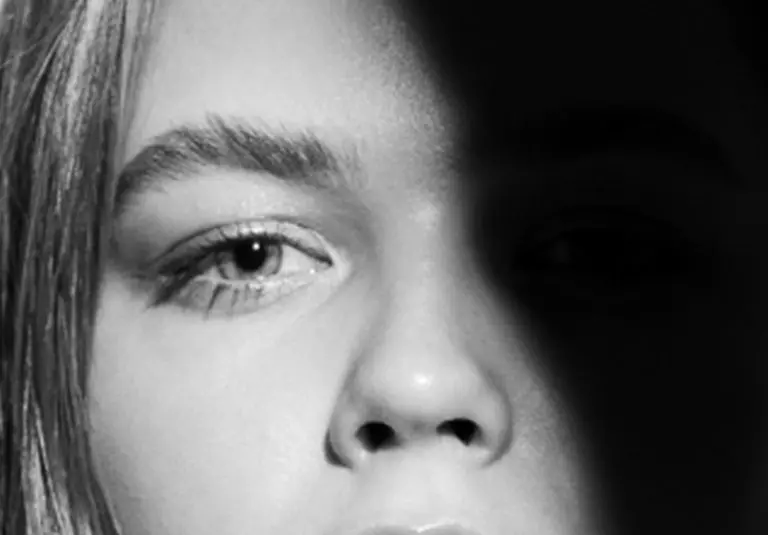
- Uncategorised

- News
Laser Eye Surgery Risks
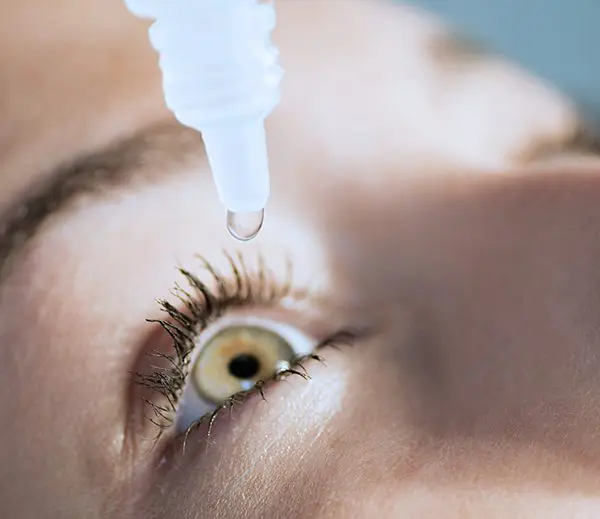
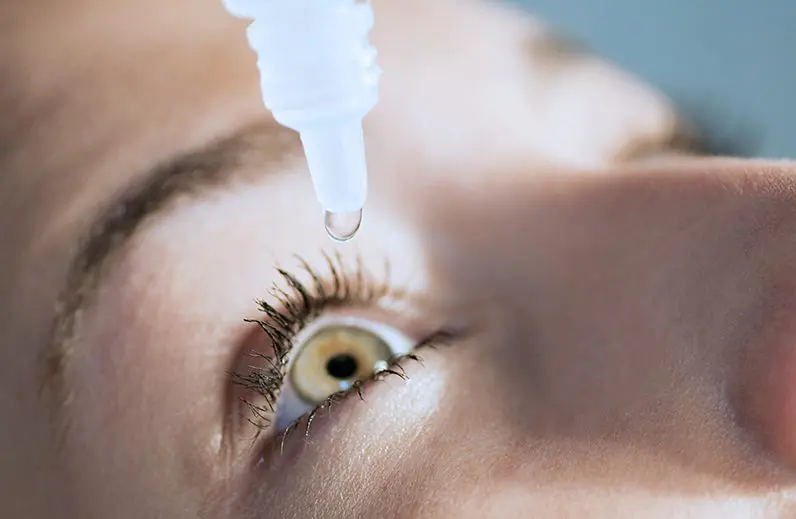
The fourth in our latest Q&A blog series, here we shall be answering the vital questions often asked by our patients about the risks of laser eye surgery.
All risks and potential complications should be well considered before making the decision to forward with surgery. If you would like to talk about this subject further with us, please book a consultation at your nearest clinic where a consultant surgeon will be available to talk through any concerns you may have.
Is laser eye surgery risky?
This is often the main concern for people considering vision correction. There is no simple yes or no answer, as it really does depend; let us explain. The first thing to remember is that all surgery has risks and complications. The risks of having a complication from heart or orthopaedic surgery vary from surgeon to surgeon and hospital to hospital.
How do the risks compare with alternatives?
When laser eye surgery is performed in hospital based clinics like LaserVision, the risks of developing a sight threatening complication is 8 times lower than wearing daily disposable contact lenses. To date, LaserVision have never had a sight threatening complication.
Are there side effects from laser eye surgery?
Initially after the procedure, patients will experience some discomfort, watery and gritty eyes and blurred vision for a few days (depending on the procedure IK/EK). The most common side effect is dry eyes which can be managed with lubricating eye drops prescribed by your consultant.
What are the complications of laser eye surgery?
There are always some potential risks and complications and it is imperative that these are well understood.
Minor Complications:
Mild dry eye – Some people experience mild to moderate dry eye symptoms after LASIK. Occasional use of lubricating eye drops may be required. Some people need to use these regularly. By 3-6 months the eyes are usually back to normal.
Under correction – If the refraction is not fully corrected and it causes a problem then an enhancement procedure can usually correct it, if there is enough corneal thickness to safely do more treatment. Enhancement treatments are generally done 3-6 months after the initial procedure, once vision has stabilised.
Over correction – An initial overcorrection is expected for high corrections and in hyperopia. It usually regresses in the first 3 months. If overcorrection persists then enhancement surgery can be done, if it is safe to do so.
Induced astigmatism – Can usually be corrected with enhancement surgery.
Regression – As time goes on, a small proportion of eyes may slowly heal in a way that moves the prescription towards an under correction. This can usually be corrected with enhancement surgery.
Light sensitivity – In the first few days some people will be sensitive to light.
Pain – About 5% of patients say they have some mild pain after LASIK that can be relieved with pain relief tablets and usually resolves by 4-5 hours.
Night vision problems – In the first few weeks following surgery about 10% of patients may experience halos around lights at night time. This effect should fade. By twelve months this should only affect around 3%, generally those who started with a high correction.
Haze – Some eyes develop faint haze in the interface between the flap and corneal bed that is maximal at 3-6 months and fades away by 12 months. It is very rare for this to affect vision.
Interface debris – Minor debris in the interface is not uncommon. It very rarely affects vision and if it does can usually be removed.
Corneal abrasion during the procedure – In some people the surface layer of cells on the cornea are looser than average and can be dislodged resulting in a surface abrasion. Over the following 2-3 days the abrasion will heal.
Major Complications:
Loss of best-corrected vision – Following surgery if the vision in an eye cannot be corrected with lenses to the same line on the eye chart as before the surgery then this is called loss of best-corrected vision. Anything that affects the optical quality of the cornea can cause it. The chance of this happening is currently about 1 in 500. Corneal ectasia (bulging) – If there is too much tissue removed from the cornea it may lose its structural strength and start to bulge outwards. It can be eliminated by careful measurement of the thickness of the cornea. This is extremely rare, probably less than 1 in several thousand. Good screening and accurate assessment with a Pentacam will help avoid this.
Progression from sub-clinical to true keratoconus (conical cornea) – This may occur if the most subtle signs of keratoconus are not detected with the corneal mapping (topography). With the use of the gold standard Pentacam topography this is very rare, probably less than 1 in several thousand.
Severe dry eye – It is not uncommon for the eye to be slightly dry after laser surgery and most recover very quickly. If there is a predisposition to dryness, the eye may take longer to recover. Dry eye is more common with LASIK than LASEK.
Epithelial ingrowth – Significant growth of the front cell layer (epithelial cells) between the flap and the bed. This occurs in less than 1 in 2000 eyes. This can only potentially occur in LASIK and not in LASEK.
Diffuse lamellar keratitis – In rare cases there is movement of inflammatory cells into the interface between the flap and the bed. This can rarely result in the cornea becoming an irregular shape. Severe cases that affect vision occur in about 1 in 2000 cases. Most resolve with time. Again, this can only occur in LASIK and not in LASEK.
Infection – Infection in the cornea following LASIK is extremely rare, about 1 in 10,000 cases. We are yet to have an infection in any of our cases to date.
Problems cutting the flap – “Partial flaps”, “Irregular flaps” or “Buttonholes” are all cases where a perfect flap is not achieved. The chance of this occurring with a microkeratome is about 1 in 500. With LASEK, there is no flap to create, so this problem is eliminated.
Why is the success rate not 100%?
At Laser Vision, we treat many complex patients, including those who require laser surgery for other reasons than vision correction. Some of these patients will never see 20/20 so when including these patients in our data, they will skew the results.
Your LaserVision consultant surgeon can expertly guide you through the best treatments for you and discuss any concerns you may have.
Reviews


